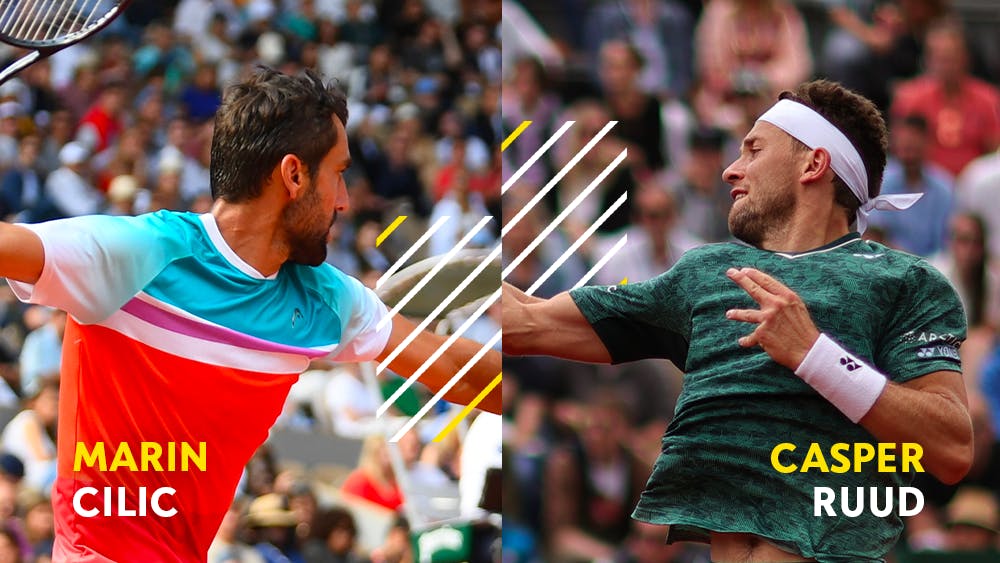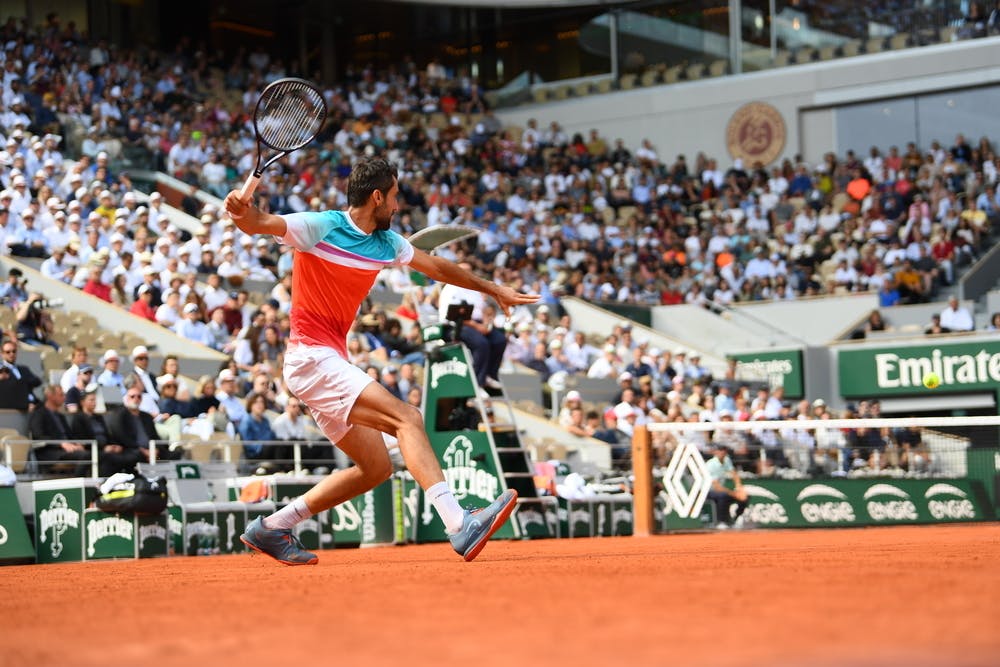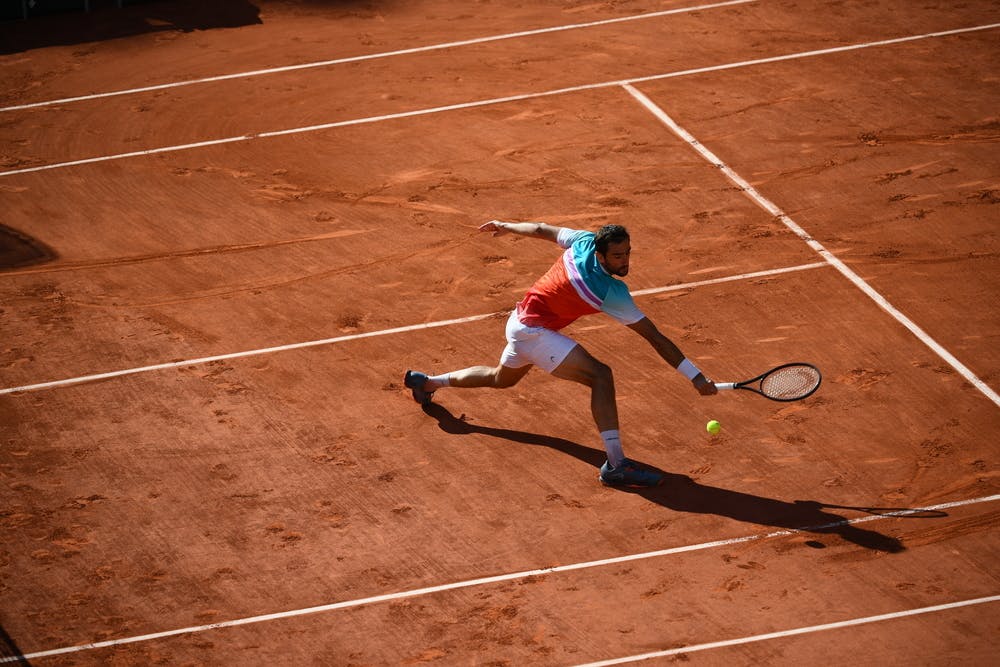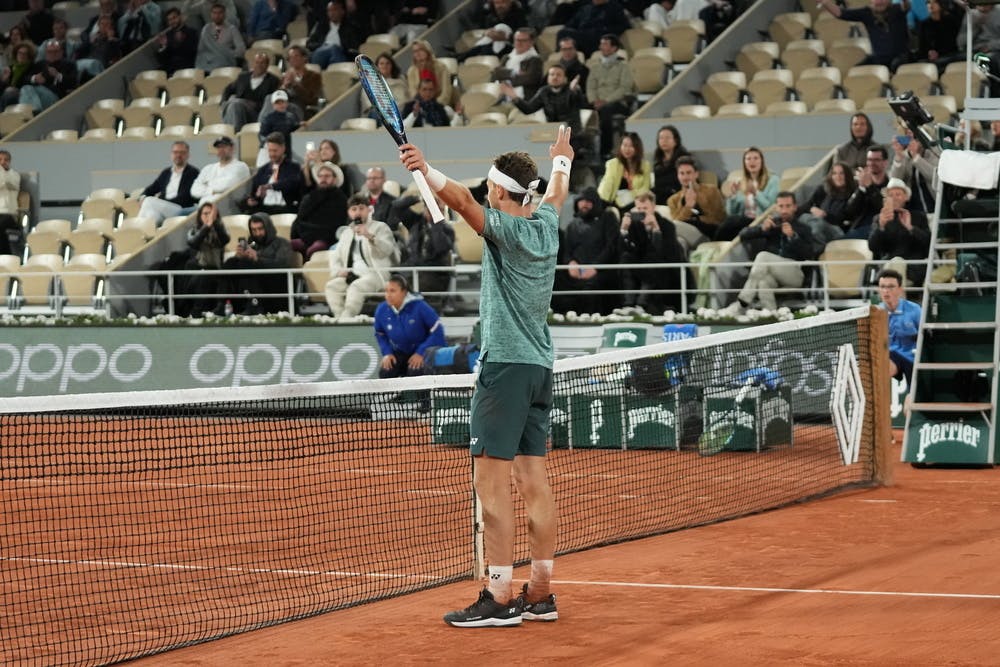However, the Norwegian will take a lot of strength from the fact he’s beaten Cilic both times they’ve played before and as a former junior world No.1, he’s used to expectation.
In terms of energy, it’s a close call. The eighth-ranked Ruud has spent more time on court – 15 hours, 7 minutes compared with 12 hours, 14 minutes for Cilic.
But Cilic came through an emotional, tiring roller coaster against Andrey Rublev in the previous round, winning through after a deciding-set 10-point tiebreak.
Ruud needed four sets to beat Holger Rune and has slightly less time to recover compared to Cilic but he’s 10 years younger than the Croat and loves nothing more than to run around a clay court all day.
Seven of his eight titles have come on clay, including two this year, the most recent coming in Geneva the week before Roland-Garros. Ruud also leads the tour with 65 clay-court victories since the start of 2020.
How they handle the occasion will be key.
 ROLAND-GARROS
18 May - 7 June 2026
ROLAND-GARROS
18 May - 7 June 2026





